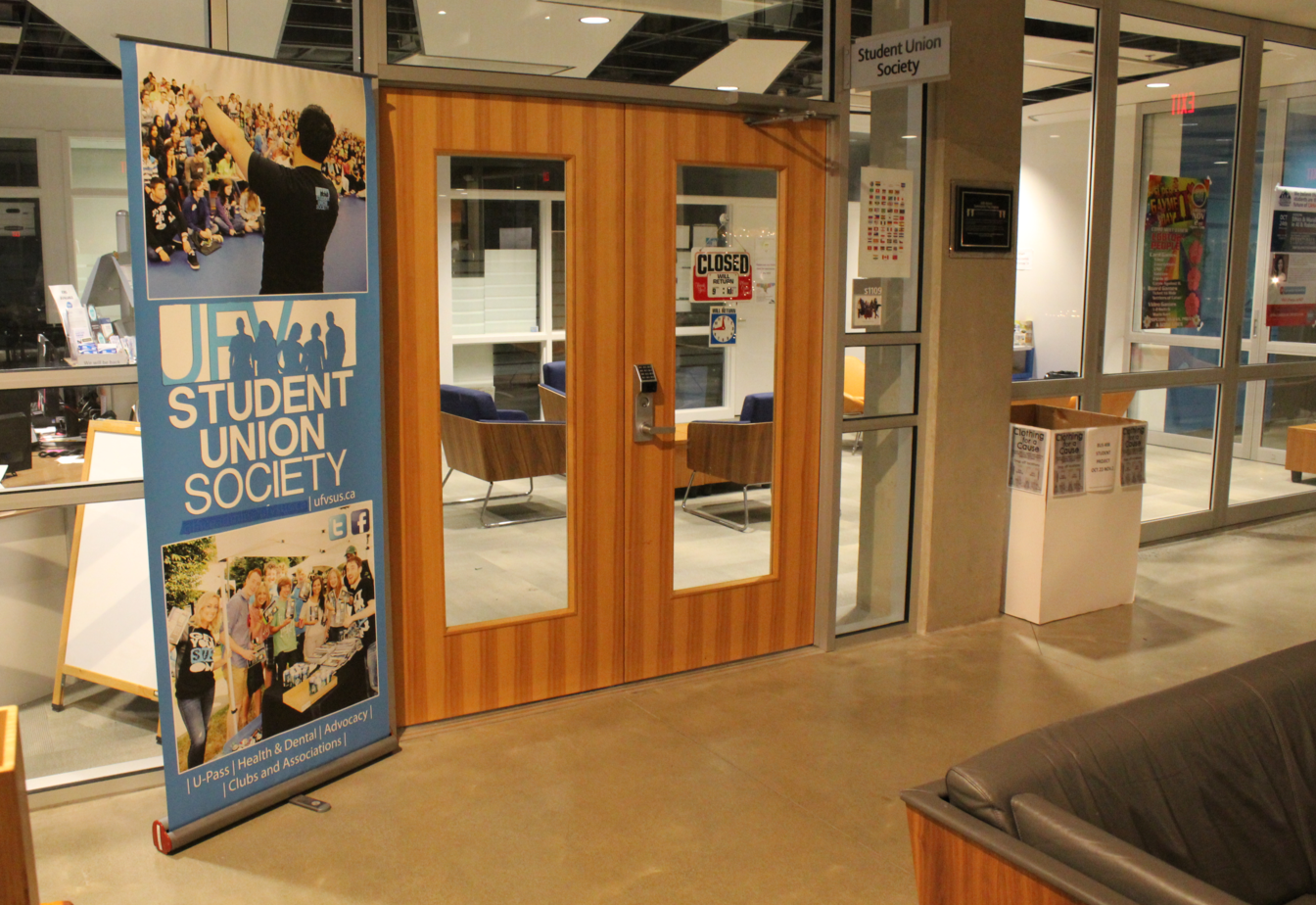Eradicating racism from the UFV campus. Is it possible? UFV’s very own Student Union Society (SUS) tries to convince us that it is as their “Racism On Campus” campaign goes into its second week. Yet it does not address the actual problem here: the racism conversation.
On the off chance that the student union’s campaign was built out of a genuine desire to provide justice and not a marketing scheme to boost their image, their attempt to “end racism” is wholly misguided. Yes, they do a fantastic job of giving us a basic definition of what racism is, but their method to “end racism” is problematic, not because they can’t give us a satisfying conclusion but because they’re not actually providing a platform to talk about racism. Instead, with apparent lack of awareness on their part, the student union is collecting stories on racism in order to put them in a report that is entirely private to the public.
Now, I’m not going to get into the whole hierarchy of racism and its sub levels of intercultural and ideological discrimination. Thats its own conversation in itself, and would take too long to explain that there are perspectives that, even though I am brown, I don’t have the authority to talk about.
What I can do is acknowledge the obvious: ending racism requires us listening to those who are oppressed while also acknowledging the hurt that has been inflicted. It requires one person acknowledging that they are in the wrong and are benefiting from being so.
Here’s the problem with this.
We all know who’s in the wrong in Western society — colonists and their descendants who continue to benefit from a system that relies on the active oppression of others. A system where people are denied jobs based on their names or the colour of their skin; where people in certain areas have to go through great difficulties just to reach a voting station and perform their most basic rights as a free individual; where people are more likely to be stopped by police while walking home from the store or arrested because they fit a racial profile; where people have their cultures infringed upon by those who couldn’t wait to be invited to participate in it.
It’s the whole definition of privilege. Yet, how do you approach the ones who are in the wrong? Tell them they are wrong and simply expect them to agree? To get them to realize that we’re asking for humanity? To have our pain acknowledged without someone griping about political correctness culture?
How do you get them to listen?
You see, the problem isn’t just about racism. It’s about having an actual conversation about racism. It’s about asking someone to be willing to come down from their social pedestal and share their power with the oppressed — that is, people of colour and people from cultures of colour. And it’s about listening in a way that doesn’t trivialize what the oppressed are feeling.
In the Western world, people of colour have spent a long time not being heard. And while it has been getting better, a few decades doesn’t make right the centuries of mistreatment and hurt that this society works so hard to hide.
It is true that students do deserve better. But I have to respectfully disagree with all students deserving better in this one instance; it is the students who face racism who deserve better.
Being judged on your skin tone and your culture is not fun. In fact, it’s quite awful to be judged for something you have no control over. As someone who has experienced this, I would like to talk about it. I would like to talk about it in a safe space, and so would, I’m sure, the thousands of other students who’ve also had to deal with racism at some point in their life.
The student union’s campaign fails to give a voice to those who are facing racial discrimination. By compiling all the stories of racial injustice in one private report with no clear indication of how this report is going to conquer racism, it’s the equivalent of doing nothing with great effort, and beginning the silencing of the racism conversation on campus.
The students need a public forum where they can talk about the racism they go through. They need a public forum where other students can read about these racial injustices, and where anonymity is an option for those who prefer it.
Publicly talking about racism is not an easy thing to do. There are times where, by simply mentioning your feelings on racism, you become categorized as a problematic person who simply won’t give it a rest. Yes, maybe people aren’t giving it a rest, but that’s because people are still not being listened to.
Contrary to what people wish to believe, racism is still very much present in our society; our society has just gotten a lot better at trivializing racism into a golden ticket that allows you to be more right than someone else. Falsely believing that facing racism can be equated to a fashion statement where you can be more virtuous than those with privilege. At the same time, those with privilege believe that talking about racism puts them in danger of being attacked and often invokes a rush of words to explain how they’re not racist.
Both these groups fail to take a moment to stop and truly think about the suffering that comes with facing racism. Both these groups choose what they want to hear about racism rather than listening to what is actually being said on the issue.
And that’s the actual problem with the campaign. Not that the student union is doing this campaign poorly or that it’s insulting. But because they’re also contributing to the silencing of the racism conversation.
Image: The Cascade


